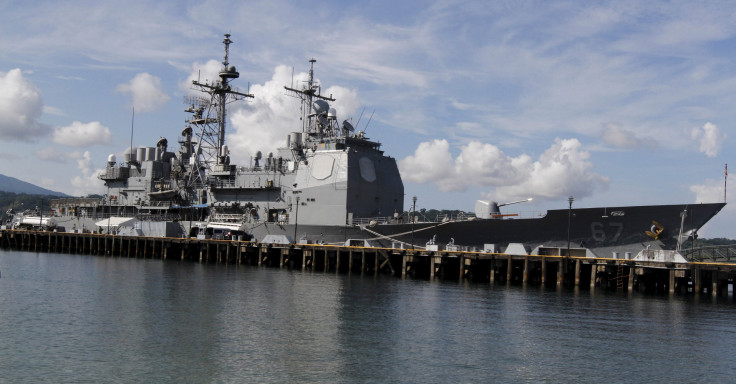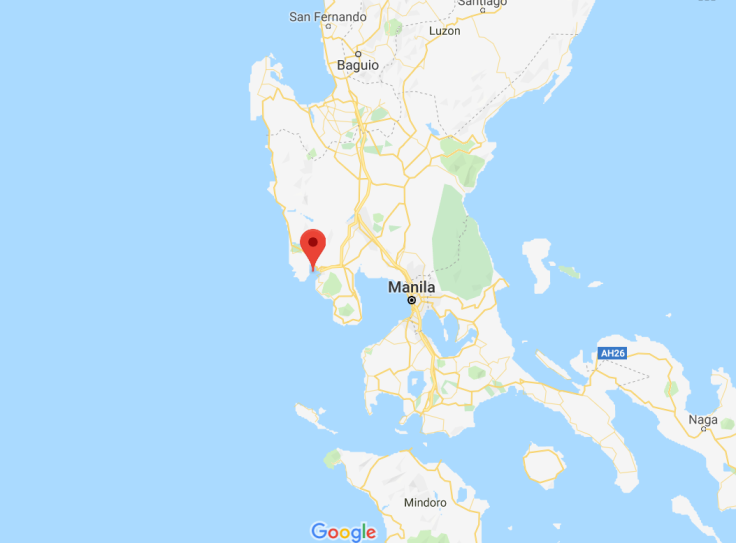China Investments In Philippines Aimed At Securing Strategic Islands, Locking Up Resources?

Amid scuffles over some territories in the South China Sea, China and the Philippines have been busy making business deals worth over $12 billion on three islands in the northern Philippines Luzon island group.
The deals were made during President Rodrigo Duterte's visit to Beijing in April for the Belt and Road Initiative Forum and include a "Smart City" to be built by Xiamen-based Fong Zhi Enterprise Corp. on Fuga Island, located directly north of the main island.
The development of Fuga island is supervised by the Cagayan Economic Zone Authority (Ceza) from the Cagayan Province in Luzon. They have reported that the Chinese company has goals of building an agriculture breeding center and soil improvement project, medical schools and a high-tech industrial park.
The other two islands for the Chinese “investments” are in the middle of Subic Bay on the western side of Luzon. The deals made for Grande and Chiquita islands are under the supervision of Subic Bay Metropolitan Authority. The plan for Philippine-owned GFTG Property Holdings and Sanya CEDF Sino-Philippine Investment Corporation to develop the islands is worth $298 million.

Skeptics of the deals will point out recent aggressive behavior by the Chinese and that they simply want to control what are strategic military locations. Subic Bay has played a major role in the defense of the Philippines dating back to the days of Spanish rule up to the late 1800s. It became a key naval fortification for the United States until the invasion by Japan in 1941 just hours after the attacks on Pearl Harbor in Hawaii, then a U.S. territory. After the war, the Philippines gained independence and control of Subic Bay which served as a U.S. military base until 1992.
The other “red flag” with these deals is that the Philippines could fall into an economic debt trap with the projects along with Philippine natural resources becoming collateral for the Chinese funds. Critics of the deals claim that they are designed to result in loan defaults and heavily favored to Chinese banks, suppliers and Chinese workers.
In recent days Duterte has suggested the elimination of the “visa on arrival” for Chinese visiting the Philippines to prevent them overstaying in the country. This may be a countermove to protect Philippine workers.
© Copyright IBTimes 2024. All rights reserved.




















